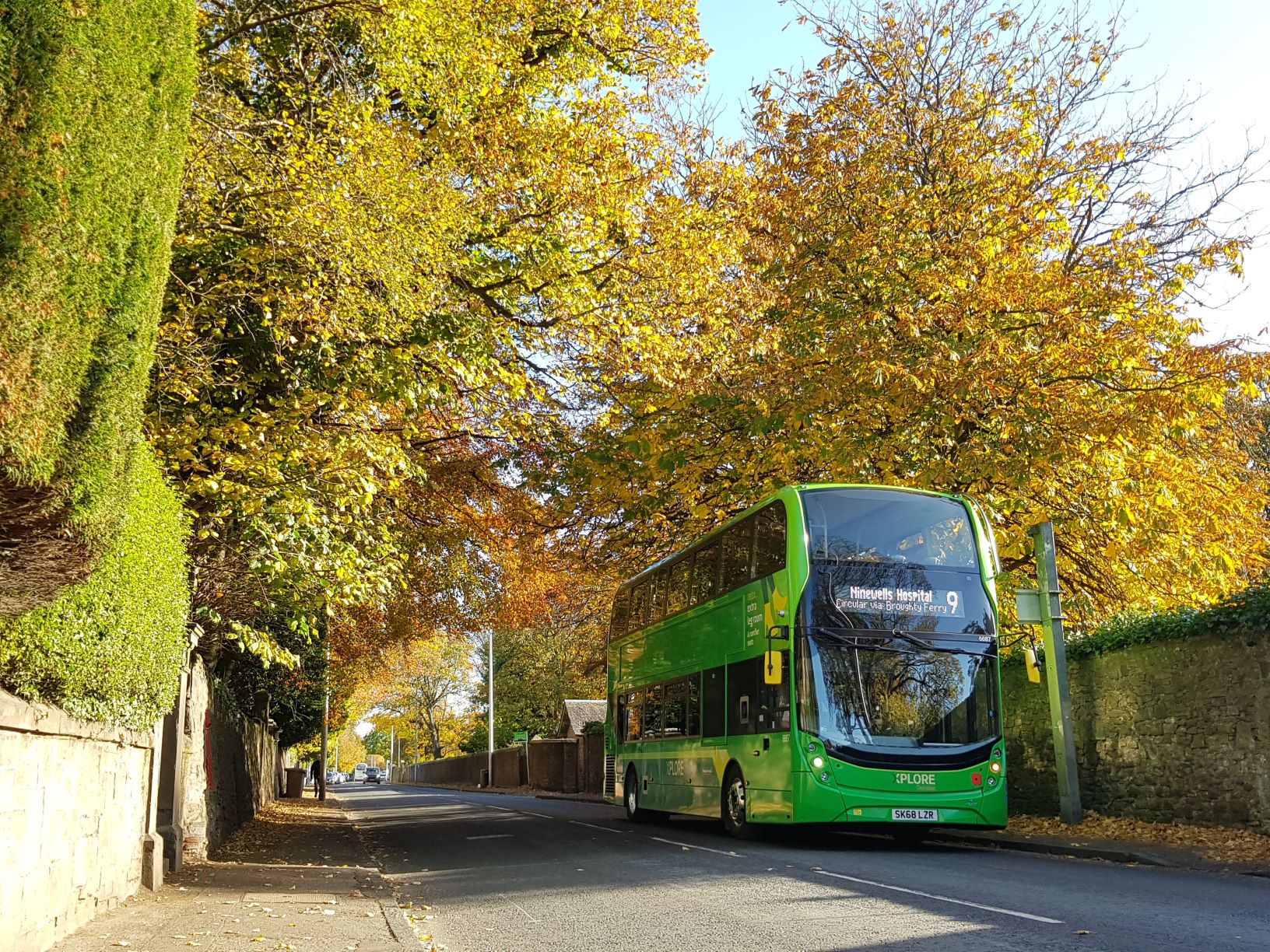Varying packages of funding have been confirmed for bus operators in England, Scotland and Wales as politicians acknowledge the crisis brought on the industry by the coronavirus COVID-19 pandemic.
Scotland’s bus funding first
First to publicly unveil the measures is it taking was the Scottish Government. On Wednesday 25 March, it informed operators in the country that BSOG and concessionary fare reimbursement payments would continue at levels forecast before the crisis.
That, it says, will allow essential services to be maintained and permit continued access, irrespective of passenger numbers, to the £260m that the Scottish Government spends on buses annually.
Coach operators stand to benefit from the Scottish Government’s work with the Convention of Scottish Local Authorities (COSLA). COSLA has issued correspondence and guidance to Scottish LAs to ensure that payments for home-to-school services are maintained while they do not operate.
COSLA is currently working with the Scottish Government on details of that plan. It is to help ensure that operators can provide those services once the pandemic is over. COSLA is also developing guidance for LAs and their partner providers that will assist supported bus services.
England follows up
In England, Secretary of State for Transport Grant Shapps has written to members of the industry confirming that the Department for Transport (DfT) will continue to pay BSOG to English operators “on the basis of estimated service levels before the outbreak.”
DfT is also writing to every English LA outside London to urge continuation of payments for tendered services and concessionary fare reimbursement at levels based on the position before the outbreak.
That move follows a Procurement Policy Note (PPN) issued by the Cabinet Office that urged LAs to continue to pay “at risk” suppliers while service delivery is disrupted. The PPN included a reference to home-to-school transport, but the subsequent letter from Mr Shapps does not.
Mr Shapps adds that he has asked officials and Buses Minister Baroness Vere “to continue to work closely with the sector to understand what the ongoing risks and issues are and how they could be addressed.”
However, he sounded a warning that as part of the agreement, operators are expected to “continue to provide appropriate service levels for key workers, most particularly to hospitals.” Ensuring that buses are not heavily loaded due to reduced timetables is also imperative.
Additionally, Mr Shapps expects operators to do their utmost to provide the services that LAs consider are required, and that communications with LAs and passengers are “first class.”
‘Hardship fund’ for Welsh operators
In Wales, the Welsh Government announced on Sunday (29 March) that a hardship fund for bus operators has been established. It is part of a £69m package of support for public transport in the country.
Payments will be made monthly up-front for three months. The funding temporarily replaces existing monies provided through the Bus Services Support Grant and mandatory concessionary fares and MyTravelPass reimbursement.
Minister for Economy, Transport and North Wales Ken Skates says that the fund will allow operators to continue to deliver services and pay employees and suppliers.
The Welsh Government is now working with the industry “to develop a comprehensive package of measures to secure an efficient, sustainable and robust bus network.”
In return, operators are expected to continue to provide a timetabled service. All NHS staff in Wales will receive free bus travel.



























